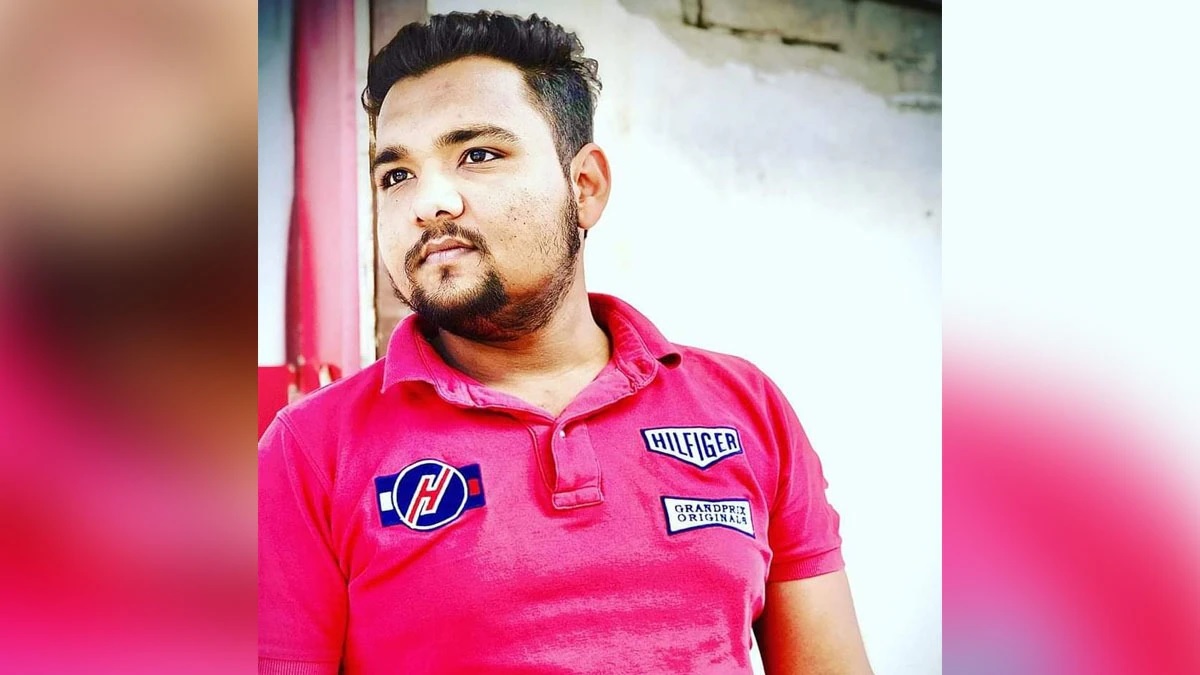Sunil Yadav: Justice or Retaliation?
Indian smuggler Sunil Yadav gunned down in the US; Lawrence Bishnoi’s aide claims responsibility, sparking questions on justice, organized crime, and cross-border vendettas.


Panic erupted at a CRPF camp in the Kapran area of Anantnag on Wednesday morning after a leopard entered the...
2 Min Read
Nearly half of Srinagar’s households now enjoy uninterrupted electricity supply following a successful trial under the Revamped Distribution Sector Scheme...
Divisional Commissioner Kashmir, Anshul Garg, has called for a strong, in-situ de-addiction mechanism within educational institutions to tackle the growing...
2 Min Read
Jammu & Kashmir is on alert as authorities issue a low-danger avalanche warning for five districts following recent heavy snowfall...
2 Min Read